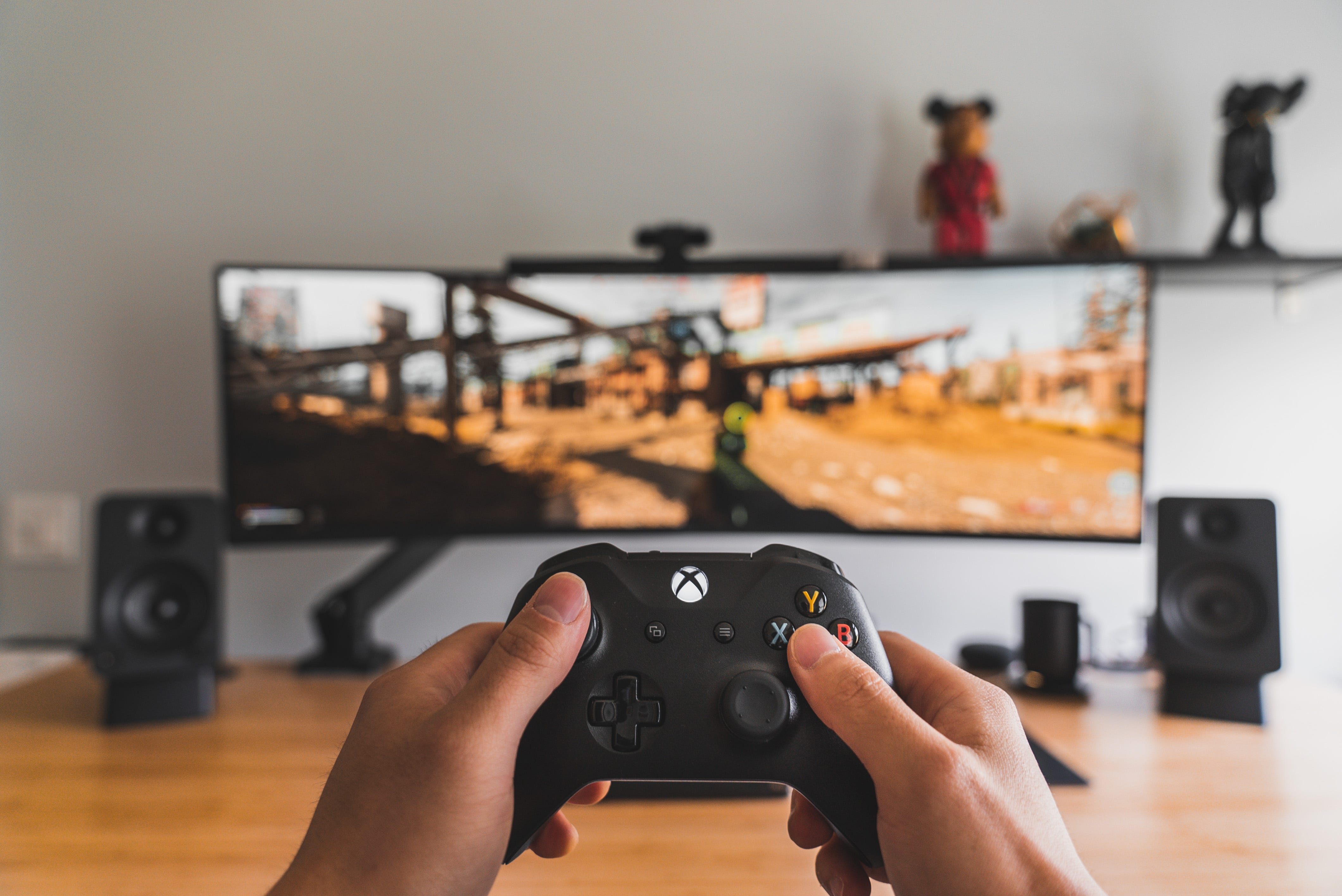
I’ll admit these last few weeks have been particularly destabilizing for a lot of us.
If my inbox is any indication, it’s been particularly destabilizing for anyone who believes women should have authority over the bodies, who support the idea that an Environmental Protection Agency should be able to regulate polluters, or who can’t shake the suspicion that America’s uniquely high rate of mass shootings might be correlated with America’s uniquely broad proliferation of military weapons among civilians. Combine that with the January 6 hearings, widespread belief in fake election conspiracies and the strong possibility that gerrymandering and the legal ability of state legislatures to overturn voting results may make democracy impossible for at least a few cycles, and it’s no wonder so many people want to shout, cry, fight, or run away.
It’s easy to catastrophize our situation. And true enough, our empire — our civilization — may be coming apart; our nation may be succumbing to authoritarianism, and our most organized activists and determined politicians seem to be succeeding in their quest for theocratic rule. It’s not pretty to watch: as real people suffer, most of us feel utterly helpless to change the pictures and stories coming at us through our screens.
So maybe the answer, at least for the moment, is not to focus on changing those pictures. It’s just too big. The scenarios we’re witnessing are occurring on a scale too large for us to behold, much less act upon directly.
In acting school, we were taught a simple technique we were supposed to use if things ever got totally out of control on stage. (It’s supposedly from Stanislavsky, but I was never able to track it down). The idea was to have a backup plan or reboot button if we forgot our lines, lost our place in the play, or simply had no idea what was happening. Instead of trying to act or portray our character, we were supposed to stop and acknowledge the simplest reality. I am Douglas. I am on a stage, in a production of The Seagull. I am playing Treplev, the actor in front of me is playing Nina. My character is angrily placing a dead bird at her feet…And slowly the reality of the scene takes hold again.
I am not on the Supreme Court, nor am I at the January 6 hearings. I’m not in Uvalde or Highland Park, Ukraine or Louisiana. But I am here in a living community where I can start to make change. I can take an inventory of my own situation, my own capacity for mutual aid, and my willingness to take responsibility for others — whether or not I happen to like them. I can expand beyond that to look at where my teachers’ retirement fund invests its money, and whether that capital is doing something I approve of or simply making things worse.
No matter how bad things get, the basic principles of ethical behavior, promoting justice, and building solidarity with others remains the same. Locally and interpersonally, it works under any system of government or oppression. It’s the answer to both global social change as well as the solution to the prisoner’s dilemma: responsibility for the others.
I fully understand the limits of this approach. It’s too small! Too local! How dare we look to improving our own communities when there are people getting bombed in Ukraine? We dare, because it’s the first step toward gaining the coherence we need to do anything else. And because the more resilient we can make our own communities, the less they will contribute to the brittle, paranoid, dysfunctionality of our nation. Each individual and community that learns to think and behave rationally, empathetically, and collectively, contributes less to the empowerment of extractive corporations and rabble-rousing dictators, alike.
And sure, we can learn more about national and global issues, and how my actions and spending fit into the larger systems of which we are a part. But the pictures and stories coming through our screens are not the cause of our societal collapse — they are the results. We don’t change those pictures by stepping into them, or even obsessing over them.
If anything, that imagery is one of capitalism’s systemic tactics for self-preservation: put us in such a state of fear and panic that we lock the doors, shut out those who need our help, and fixate instead on the resulting doom.
For a vast majority of us, the most efficient way to undermine this cycle of powerlessness — this induced amnesia — is the same as for the actor who has forgotten their lines. Feel your feet on the ground, then remember who you are, what you are doing, and how you want to influence the play.